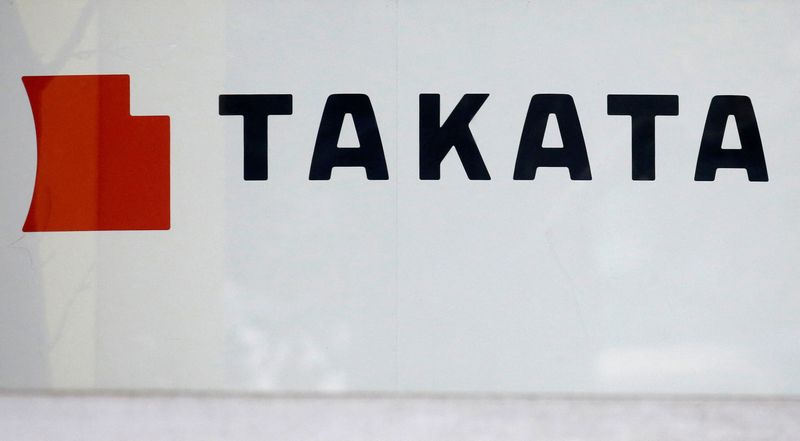By David Shepardson
WASHINGTON (Reuters) -A U.S. auto safety regulator on Friday said it had confirmed a new crash death from a faulty air bag in a Honda car, as it urged owners to get recall repairs completed.
The National Highway Traffic Safety Administration (NHTSA) said it had confirmed that the February death of the driver of a 2002 Honda Accord in Bowling Green, Kentucky, was due to a faulty air bag inflator.
More than 30 deaths worldwide - including at least 23 U.S. fatalities - and hundreds of injuries in various automakers' vehicles since 2009 are linked to Takata air bag inflators that can explode, unleashing potentially deadly metal shrapnel inside vehicles.
Four Takata air bag deaths have been confirmed this year, including two Stellantis vehicles and one Ford vehicle.
Honda has now confirmed 17 U.S. deaths and more than 200 injuries in the U.S. related to Takata frontal driver’s airbags due to inflator ruptures.
Over the last decade, more than 67 million Takata air bag inflators have been recalled in the United States and more than 100 million worldwide, in the biggest auto safety callback in history.
Honda said the 2002 Accord in the Kentucky crash had been recalled in 2011 and the Japanese automaker made more than 300 attempts to reach the owner, who had purchased the car in 2008, but the repair was never completed.
Last month, Chrysler parent Stellantis urged owners of 276,000 older U.S. vehicles to immediately stop driving after three crash deaths tied to faulty Takata air bag inflators were reported this year. The NHTSA has confirmed two of the three deaths.
The "Do Not Drive" warning was for owners of previously recalled, unrepaired 2005 to 2010 Dodge Magnum station wagons, Dodge Challenger coupes, and Dodge Charger and Chrysler 300 sedans.
Also last month, the NHTSA confirmed a new death due to a defective Takata air bag inflator in a 2006 Ford Ranger pickup.

The auto safety agency said the Takata recalls were spurred by propellant that could break down after long-term exposure to high-temperature fluctuations and humidity.
Last year, the NHTSA opened a probe into 30 million vehicles built by nearly two dozen automakers that have potentially defective Takata air bag inflators.
